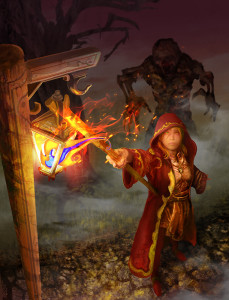 The investigation into the secrets of Eldolan continues. Between sorcerous assassins, cut throat gangs, and the political machinations of wizard guilds, can a group of misfit adventurers unravel a dark conspiracy that threatens the entire city? Find out who is behind the conspiracy and what tricks are up their sleeves in this thrilling conclusion to Shadows of Eldolan!
The investigation into the secrets of Eldolan continues. Between sorcerous assassins, cut throat gangs, and the political machinations of wizard guilds, can a group of misfit adventurers unravel a dark conspiracy that threatens the entire city? Find out who is behind the conspiracy and what tricks are up their sleeves in this thrilling conclusion to Shadows of Eldolan!
Podcast: Play in new window | Download (Duration: 3:55:31 — 108.0MB)
Subscribe: RSS


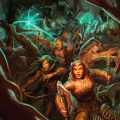
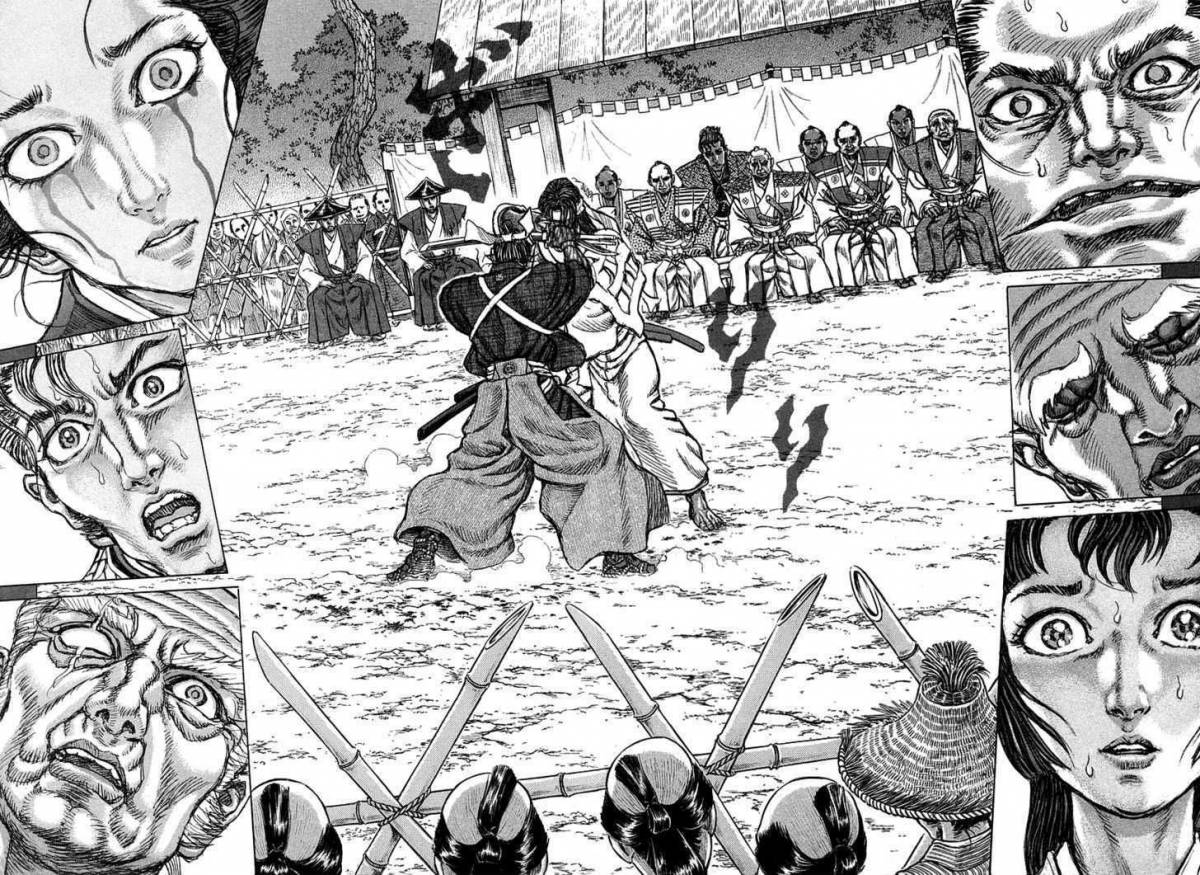
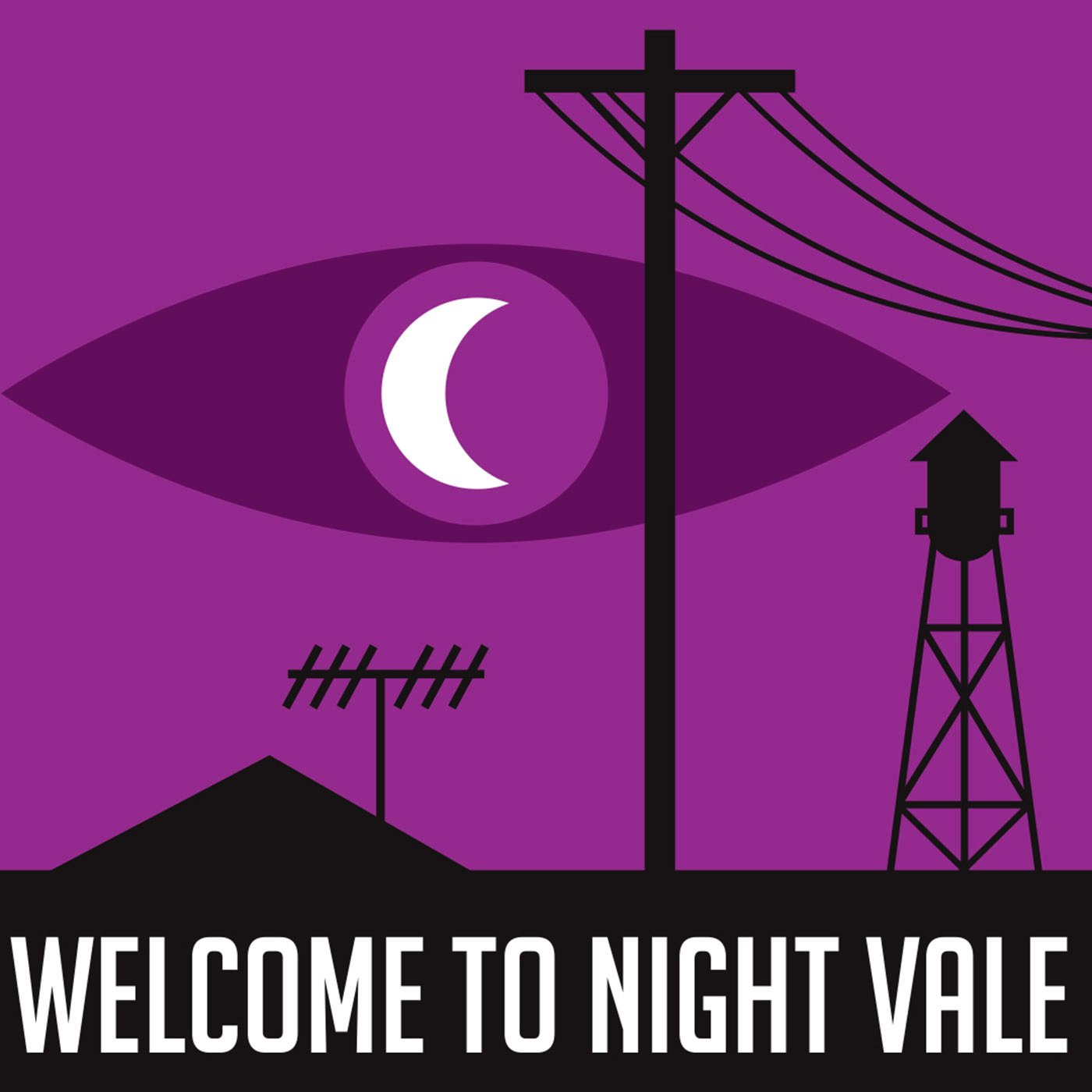
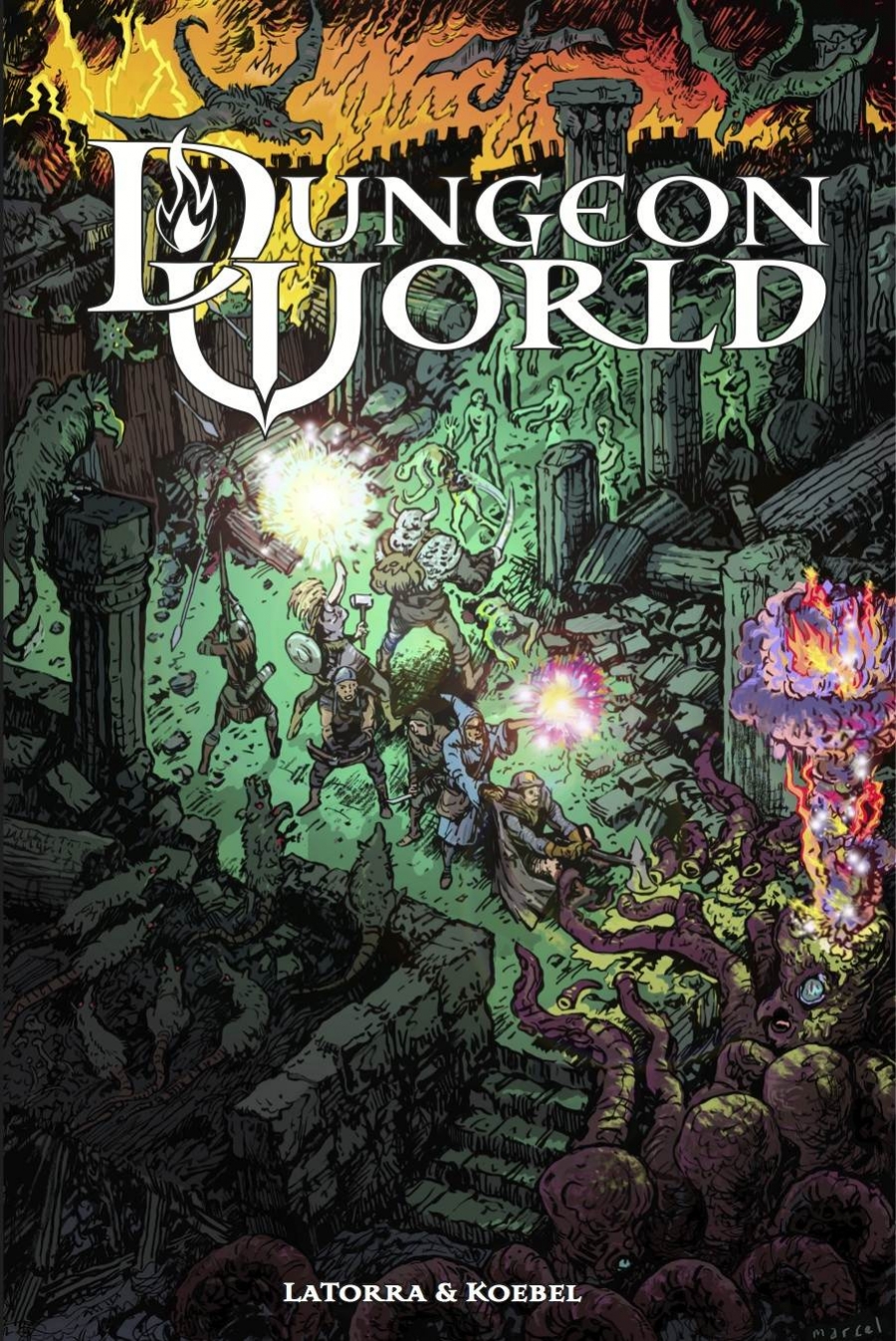
okay I read the image mouseover text and now I don’t know what to expect
Caleb, you should get a dice tower, I had someone in my group who rolled like you, we got her a dice tower, now she’s statistically average.
The decision was taken after she rolled six crit fails in a row, so you might have a ways to go yet before you really feel you need the edge.
Is it just me or was this not posted on the patreon?
HAI GUYZ HOW DO I + 4!?!?
Amazing.
In Aaron’s defense, we all do things like that. I once went through an entire Shadowrun campaign without adding 2 dice I should have ALWAYS had to my dice pool (meaning, I rolled 4 anytime I was supposed to roll 6). And yeah, nobody else noticed until the very last session, at which point it became an “awakening” moment for my character and I had him charge into battle with adrenaline. . . and die. But I got those 2 dice for my rolls in that last combat!
as painful as d20 combat is to listen to, Caleb’s existential despair and Aaron’s complete inability to rules almost make it worthwhile. the entreaty to the spirits turning up a 20 is how religions get started.
I definitely think that Escalation Die mechanic is a good improvement to D20. But the system still has the basic flaw that failed rolls simply result in no action, which is fundamentally boring.
Just thinking out loud here, but I could see d20 games being improved by a FATE-like mechanic that gives the players a bonus chip each time they fail an attack roll, that they can either cash in to increase their chance to hit or else to increase their damage if they do roll a hit. It could help them succeed in a clutch situation, or make a single good roll after a series of bad rolls more satisfying. Plus it could serve as some reward for taking risky moves with lower success rates over the “optimal DPR routine” favored by some types of players.
I get that rules take a backseat to the story with the RPPR crew. I get it. If I can bring up just one thing, the attack rules for Dungeons and Dragons have been the same for at least two decades, and 13th Age has the same attack rules. To hit someone, you roll to hit the target’s AC, not the target’s AC+1. I’ve heard this over the years with this podcast, but a tie never goes to a defender on an attack. A tie will go to a defender on an opposed check, so I guess that’s where folks keep getting hemmed up.
I’ve heard you guys live and die in countless skirmishes now, so it doesn’t really matter. That rule getting bent every now and again just caught my ear. Now that I’m thinking about it, what role playing game gives a tie to the defender?
I have had similar luck to Caleb with d20 rolls. I ran a session of 13th Age where none of the monster abilities went off because I never rolled over a 10. Something about the d20 – that fickle, swingy die – makes gamers even more superstitious than usual.
My group also worked very hard to dodge a couple fights, so while 13th Age is a pretty slick version of d20 rules, your group needs to have the assumed d20 love of combat or it’s going to miss some beats with them.
Melting doors was the best. So good.
well, it’s only been 15 years since 3E, and THAC0 was much more abstract. in the 3E+ era, it’s helpful to remember defenses aren’t a “resistance number.” they’re a target number, like any DC.
Happy to see Skrillex finally find something to inspire him. And happy to see Aaron finally remember how d20 is played. And happy to see those Spirits of Righteousness finally get off their lazy asses and do something.
Hmm, people brought up that failed actions do nothing which is not true in 13th age… but I now realize that they have been missing that rule in their playing. All basic attacks deal miss damage, as do most powers. Basic attacks deal only your level though so Caleb would just be knicking everyone for 1hp all battle but hey better than nothing.
Also Skill checks are supposed to “fail forward” so that if you fail, you still do something useful, you just also have a consequence of some sort. Break down a door but you hurt yourself doing it if you failed etc…
THAC0 had some extra steps, but in the end you rolled a D20 to meet or beat a target number, and that’s been around since 1989.
Yeah, THAC0 isn’t that complicated. You can either subtract the opponent’s AC from your THAC0 to find the target number (i.e. THACO of 19 – AC of 4 = 15 to hit) or subtract the modified roll from the THAC0 to see what AC you did hit (19-15 = hit AC 4). In either case, by the time you add up the numerous modifiers in D20, it isn’t necessarily less complex than THAC0. 5E is probably the best rendition of the D20 mechanic in terms of manageable modifiers.
From my experience, it took a few sessions to break away from traditional D20 rules in order to “fail forward” and take advantage of the adjustments to the 13th Age. It just didn’t feel “natural” in a D20 game at first; maybe because it is more difficult to apply that concept using a system that is still, in essence, a number battle, as opposed to a system like Apocalypse World or Fate where the results are mechanically more fluid.
One thing I desperately need clarified:
Did Aaron forget to roll his strength bonus just for this game, or has he been doing that for every d20 game, from the start?
@Harry – I was out of town last week and there’s no way to schedule posts on Patreon – sorry!
@thescreamingman – not sure but I think this error was new to Aaron this time.
As for the ties go to the defenders thing: in D&D ties do go to the attacker but in Eclipse Phase, they go to the defender: “If the attacker fails, the attack misses completely. If the attacker succeeds and the defender fails, the attack hits. If both attacker and defender succeed in their tests, compare their dice rolls. If the attacker’s dice roll is higher, the attack hits despite a spirited defense; otherwise, the attack fails to connect.”
Maybe that’s where we got it?
Great game, you guys! Shadows of Eldolan is just about the only 13th Age release that I haven’t managed to get my hands on, so it was a treat to hear it played out. The high point for me was David’s confrontation with the bureaucrat at the Lamplighter’s Guild. Hilarious stuff. Lord Skrillex finding devotion to the Great Gold Worm because he can burn things was an inspired outro for the character. I can only hope he shows up again as an Epic-tier pyromaniac if you ever play these characters again.
I was a little disappointed that you didn’t use the Fighting in Spirit rules when Caleb went down in the last battle, because I can only imagine the angry snark he would have come up with to give his allies bonuses. “Remember that time my gods remained deaf to my prayers, but I soldiered on anyway? Sure you do, because it happens CONSTANTLY! +2 to AC, because NUMBERS!”